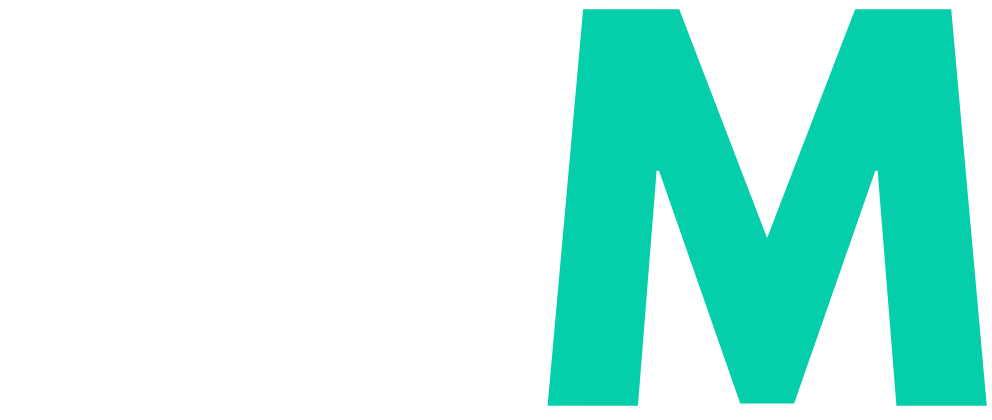Introduction
The demand for tailored approaches is rapidly increasing in the ever-evolving realm of executive coaching. The era of ‘one-size-fits-all’ coaching models is fading, making way for more personalized, nuanced strategies. A 2023 Harvard Business Review study found that executives receiving personalized coaching reported a 40% higher satisfaction rate than those in generic programs.
The effectiveness of executive coaching hinges on its ability to adapt to each client’s needs, drawing from real-world experience and applying techniques that foster self-discovery and personal accountability. A 2022 study by the International Coach Federation found that 90% of executives who underwent tailored coaching achieved their coaching goals within six months.
This article explores the top five fundamental techniques distinguishing tailored executive coaching approaches, ensuring they deliver impactful and transformative experiences.
Customized Coaching Frameworks
A foundational technique in tailored executive coaching is the development of customized frameworks.
– Personalized Goal Setting: Coaches work with clients to set unique, relevant goals based on the individual’s career paths.
– Contextual Methods: Coaching techniques are adapted to fit the specific context and challenges of the executive.
– Flexibility in Approach: The ability to modify coaching strategies as the client’s needs and circumstances evolve. A Center for Creative Leadership study found that 85% of executives valued coaches who adjusted their approach based on their progress.
Incorporating Real-world Experience
Integrating real-world experience into coaching sessions adds immense value.
– Relevant Examples: Coaches bring in examples from their own or others’ experiences that resonate with the client’s situation.
– Practical Insights: Using real-world scenarios helps provide practical, actionable insights.
– Building Relatability: Sharing experiences builds trust and relatability, enhancing the coach-client relationship.

Utilizing Open-Ended Questions
Using open-ended questions is a critical technique for fostering introspection and self-awareness. A study by Grant and Butler (2014) found that clients who received coaching with primarily open-ended questions reported higher levels of self-awareness and personal growth than those receiving closed-ended questions and being provided solutions by the coach.
– Encouraging Self-Discovery: Open-ended questions help clients uncover answers within themselves.
– Facilitating Deeper Reflection: These questions prompt clients to think deeply about their values, beliefs, and motivations.
– Building Communication Skills: Engaging with open-ended questions enhances the client’s communication and leadership skills.
72% of executives believe customized coaching approaches are more effective in achieving personal and professional growth. #ExecutiveCoaching #PersonalizedGrowth
Facilitated Support Without Over-Direction
Balancing support with autonomy is essential in effective coaching.
– Accountability Without Assignment: Coaches foster a sense of accountability in clients but refrain from assigning tasks or homework. A study by the University of Pennsylvania found that executives who set their own accountability goals with coach support demonstrated 20% higher levels of follow-through.
– Support, not Guidance: The coach guides the executive through challenges while allowing them to maintain control over their decisions and actions.
– Empowering Decision Making: This approach empowers clients to develop and rely on their decision-making skills.
Mentorship as a Last Resort
Knowing when to step into a mentorship or consulting role is a nuanced skill in executive coaching.
– Reserving Mentorship: Coaches only adopt a mentorship role in situations where it’s necessary.
– Balancing Roles: Understanding the fine line between coaching and consulting and navigating it effectively.
– Client-Centric Approach: Always prioritizing the client’s growth and learning over direct problem-solving.

Conclusion
The art of tailored executive coaching is an essential tool for navigating the complex challenges of modern leadership. The secret lies in customization, real-world application, insightful questioning, balanced support, and prudent mentorship. These techniques are the catalysts for unlocking potential, harnessing strengths, and achieving personal and professional objectives. As the landscape of executive coaching continues to evolve, these customized techniques will continue to shape effective and impactful coaching relationships.

Marla Bace
Partner, Business Coach And Executive Coach Certified (Certified Coaches Alliance (CCA)), Former CMO, CXO And General Manager.






